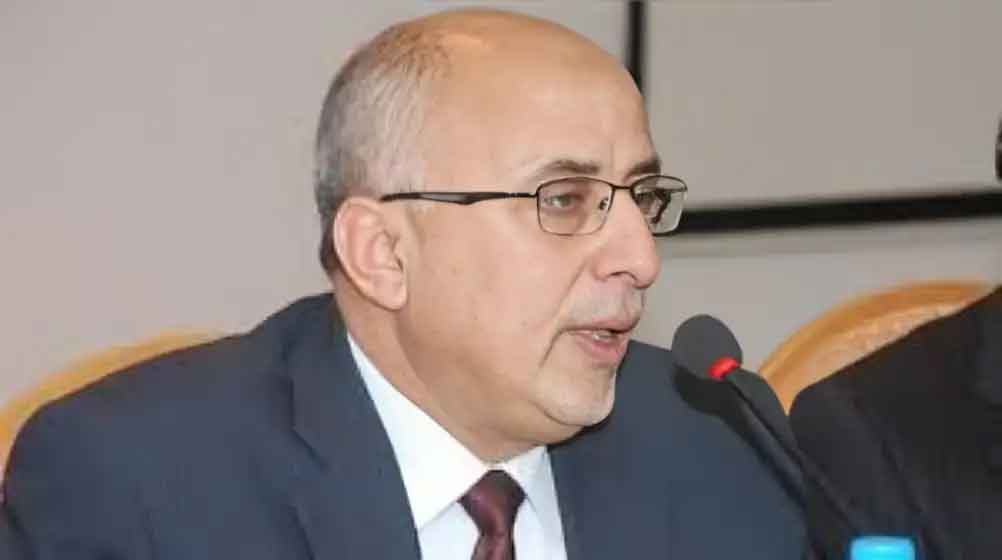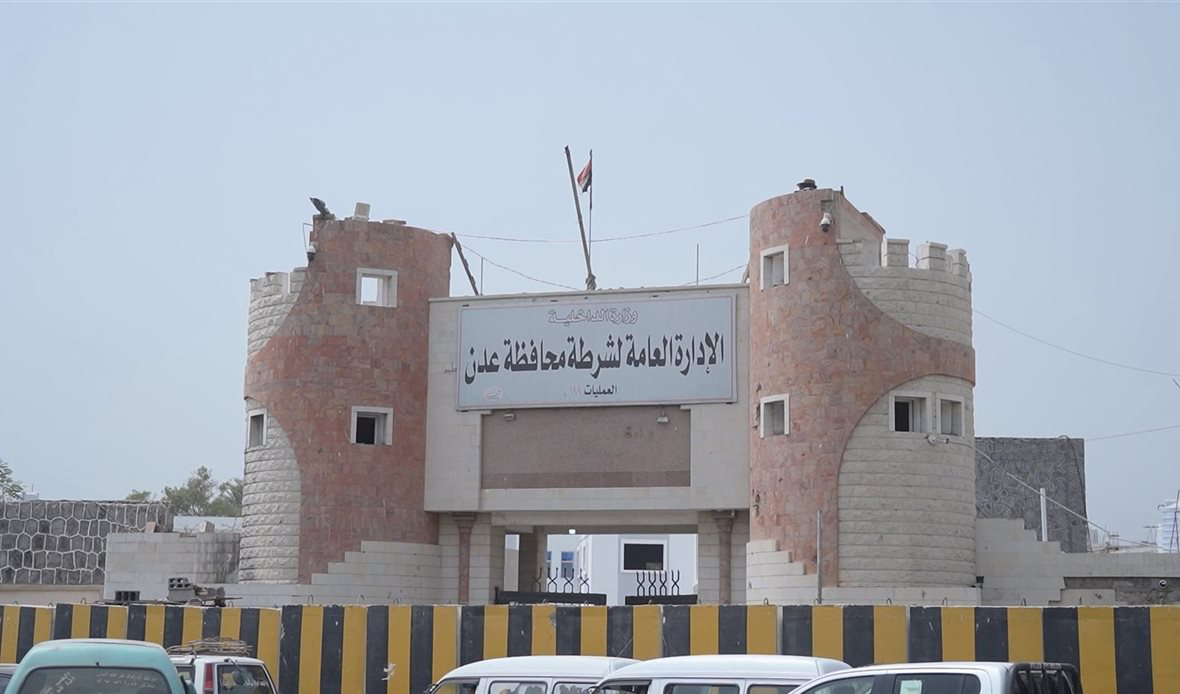
Barran Press
Former Minister of Local Administration, Abdulraqeeb Fath, issued a stark warning on Saturday, June 29th, regarding the ongoing talks in Muscat, Oman. He urged the Presidential Leadership Council and the Yemeni government to provide full transparency to the Yemeni people, emphasizing the need to avoid setting the stage for future conflicts.
In a series of tweets on "X" platform seen b, Fath expressed concern that the situation in Yemen is being portrayed as a humanitarian crisis stemming from natural disasters like tsunamis, rather than the reality of an armed militia coup. He cautioned that misdiagnosis will lead to flawed solutions.
في مسقط يتم تحويل ماحدث في اليمن وكانه وضع انساني نتج عن تسونامي اوكوارث
— د.عبدالرقيب سيف فتح (@AbdulraqibFateh) June 29, 2024
الخطاءفي التشخيص سينتج عنه خطاء بل اخطاء في المعالجات
الوضع الانساني ناتج عن انقلاب عسكري ميليشاوي مسلح
المرجعيات الثلاثة الوطنية والعربية والدولية شخصت ماحدث وبالذات القرار2216ووضعت خارطة طريق للمعالجات.
Fath, who also served as head of the Supreme Relief Committee, stressed that the humanitarian crisis in Yemen is a direct result of the Houthi militia's coup, which has been classified as a terrorist organization by the international community. He emphasized that the three national, regional, and international frameworks - the Gulf Initiative and its implementation mechanism, the outcomes of the National Dialogue Conference, and UN Security Council Resolution 2216 - have all identified the root cause of the conflict and outlined a roadmap for resolution.
Fath also alluded to circulating information about Muscat negotiations pertaining to Yemen's future, peace, ending the war, and related issues like prisoners and detainees. He demanded a comprehensive briefing for the Yemeni people, either through a statement or a press conference, from the Presidential Leadership Council, the government, and all relevant agencies. He underscored that the future belongs to the people, not to specific individuals or groups.
In a previous tweet, Fath addressed the "sponsors of the negotiations" between the Houthis and the internationally recognized Yemeni government, urging them to acknowledge the Yemeni people's desire for a lasting peace that does not pave the way for future conflicts. He emphasized that the foundation for such peace lies in the establishment of a Yemeni state governed by the rule of law, not the law of the strongest, and in empowering local authorities with constitutional responsibilities and powers.
A new round of consultations on prisoner and detainee exchange and economic issues, under the auspices of the United Nations and the International Committee of the Red Cross, is scheduled to begin in Muscat on Sunday, June 30th.
On Friday, June 28th, the Presidential Leadership Council held an extraordinary meeting to discuss preparations for the Muscat consultations. The Council reiterated its commitment to supporting efforts to end the suffering of detainees, hostages, and those missing, and to reunite them with their families based on the "all for all" principle. This includes the release of politician Mohammed Qahtan, who is subject to a UN Security Council resolution.
Fear and apprehension pervade Yemeni society regarding the possibility of a compromise agreement that fails to meet the aspirations of the Yemeni people for a lasting and comprehensive peace, one that adheres to the frameworks guaranteeing an end to the devastating war that has raged for nearly a decade.
Observers note that the international community, including the UN, regional powers, and active players in the Yemeni file, seem eager to broker an agreement that ends the current war, even if it means disregarding the concerns, interests, and future of the Yemeni people.





